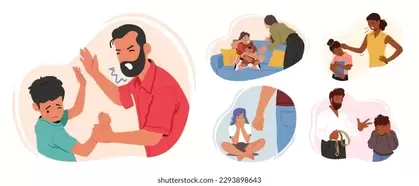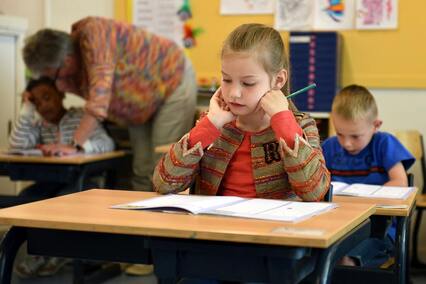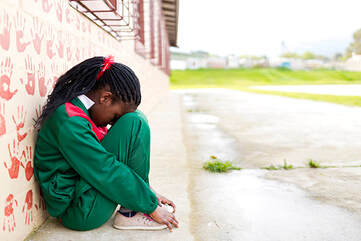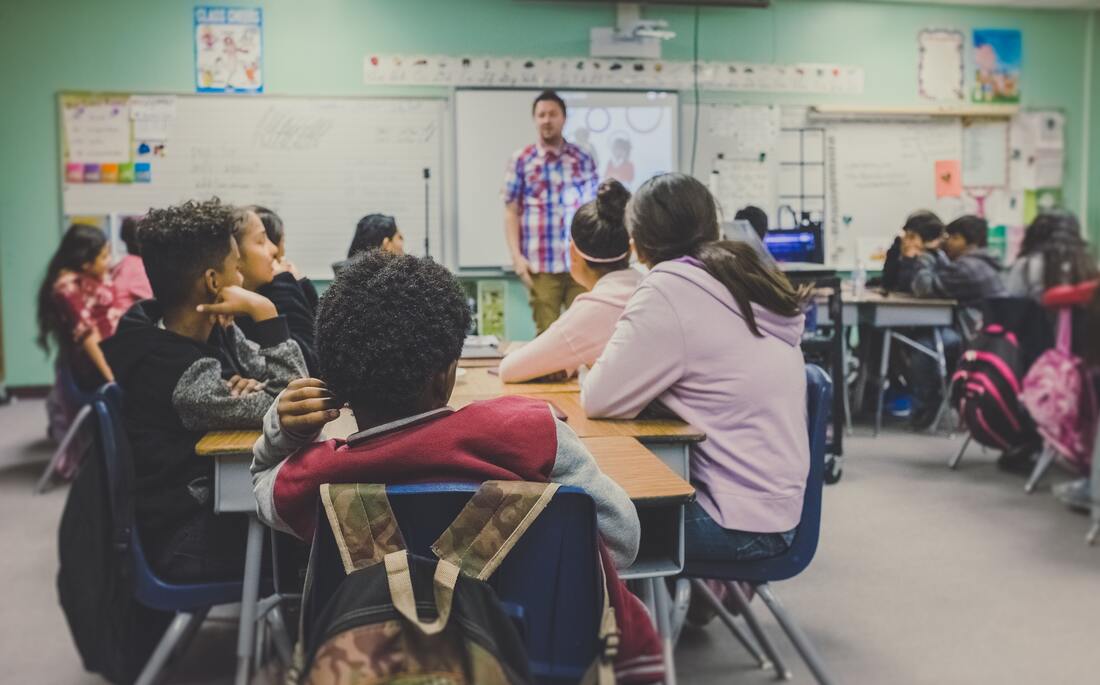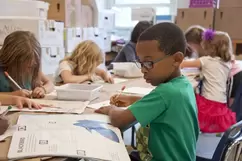pain to delete
The Science of Trauma
Joan Duvall-Flynn, Ed.D.
|
This presentation gives the foundation for understanding trauma as a medical condition and its impact on students, educators, other individuals, as well as society as a whole. It examines the ACEs (adverse childhood experiences) study and is designed for educators, and other professionals and organizations that service children and their families.
|
More Joy, Less Stress!
|
Effects of Trauma & Stress on LearningEducators in a trauma-informed setting must fully understand the impacts of trauma in a developing student brain, as it relates to the ability of a student to learn. This session will review the impacts of trauma on student growth and how complex trauma and PTS symptoms impede in a young person’s ability to function in the classroom. This session will discuss best practices for creating trauma-informed learning spaces and how a trauma-informed approach to teaching can have profound impact on a child’s ability to grow, despite their trauma.
|
Secondary Trauma in the Workplace - Betty Lee Davis, Ph.D., LCSW
|
Secondary Trauma, or Secondary Traumatic Stress (STS), is the effect of indirect exposure to another’s trauma. Focusing on professional caregivers, this workshop will provide knowledge about workplace STS and its effects on those at increased risk, such as first responders, police officers, fire fighters, teachers, and child welfare, behavioral health, long term care, and emergency and critical care medical providers and the need to mitigate its effects through self-care and workplace resiliency programming.
|
Racial Trauma - Christopher A. Barnes, PhD.Race-based stressors that are experienced by People of Color and Indigenous (POCI) individuals cannot be ignored. Attendees will receive an unbiased explanation of racial-trauma, explore how it exist in our schools, and learn what teachers can do to mitigate these stressors when witnessed – whether you are an ally, bystander, or an ethnic minority. This presentation also includes an activity that explains the complexity of race-based stress and another that promotes an understanding of privilege without promoting a sense of shame in non-minority members.
|
Building A Trauma Sensitive School Community
This presentation will communicate the proven strategies to develop a trauma-sensitive perspective and school. The trauma lens will be defined through inquiry-based methods supported by empirical research that pertains to the effects of trauma on coping, verbal behavior, cognition, and learning. We also explain how to achieve the trauma-sensitive school by aligning theory, proven practices, and understanding pathways to healthy development to support the student, their families, and community.
Creating A Trauma Informed Classroom Or School - Marisa Taddonio, LSW, HVS & Lorraine C. Harmer, MLD, M.Ed.
|
Highlights include a discussion of universal design for learning, cultural competence, mitigating teacher trauma, and self-care. Participants will gain tools and strategies necessary to create a trauma-informed classroom, school, and/or district. Designed for teachers, administrators, and educational staff.
|
Mitigating The Impact of Hidden Trauma on Childhood Development - Thomas Singleton, MSW, LICDC, LSW
Clinical Practice: Integration of Knowledge in Trauma Information - Nicole G. Johnson, PhD., Angelle Richardson, PhD.
Educators witness the impact of trauma on students daily in their classrooms. The unique needs of these students are often complex and require educators to be trained in trauma informed education practices. In this workshop, Drs. Johnson and Richardson will explore how to implement these practices interpersonally between educators and students.
Relationship and Empathy -
How we are present for our students can be the solution to addressing many aspects of trauma. This team-taught training combines the introduction to and exploration of relationship building and empathy into a single engaging experience. The workshop provides the tools and skills that address how trauma can be viewed and mitigated through understanding empathy and relationships.
Non-Discrimination Statement
TIEC does not and shall not discriminate on the basis of race, color, religion (creed), gender, gender expression, age, national origin (ancestry), disability, marital status, sexual orientation, or military status, in any of its activities or operations.
Self-Care Policy
Trainings concerning emotional and psychological trauma may stir up disturbing memories of past experiences. TIEC trainings are provided as information resources only and are not to be used or relied on for diagnoses or any short-term or long-term treatments for stressors. Be sure to consult your organization’s self-care policies prior to completing any of our trainings in case a need arises.
Participants are saying...
|
"Thank you all for what you're doing for our children. I gained some great insight today."
"This conference was very eye opening and extremely informative. Thank you so much!" "...please let me know when the panel will be presenting again." |
"The speakers were extremely knowledgeable and shared a lot of great insight.
"The panels covered the issues from multiple perspectives." "...left me with the impression this is a serious movement with great potential to create a better world." |

